A film by Paul Jay about the rise and fall of socialism in Albania. Released in September, 1995, the film tells the story of a people mired in poverty for centuries, who stood up to Nazi fascism and began to build a socialist and independent country. It’s about the lessons learned as the utopian vision failed and became a shattered disillusionment.
ENTERTAINMENT Alabanian Journey: From despot to hell spot
by Greg Quill TORONTO STAR
09/04/1991
The Toronto Star
FINAL
B3
(Copyright The Toronto Star)
If you’ve been watching the news about Albania in recent weeks, you must have wondered what in the world could make the entire population of a little known and heretofore defiantly self-sufficient nation so desperate to abandon its homeland.
What we’ve seen so far, mostly from within the confines of Italian refugee holding centres, is evidence of a mass exodus unparalleled since the end of the Viet Nam War. Of a mere 3 1/2 million people, more than 100,000 have already fled in a matter of weeks. Even as the walls of communism come crumbling down in Europe, Albanians, freer now than at any time since the 1930s, seem so hopeless about the future of their country that they’ll risk their very lives to be elsewhere.
Why?
Toronto documentary maker Paul Jay discovers many of the roots of this hysterical national disillusionment in Albanian Journey: End Of An Era, a timely examination of the crisis that airs tomorrow at 9 p.m. on TVOntario.
Actually a continuation of an earlier movie, broadcast two years ago on CBC, about the country whose mysterious backwardness has preoccupied Jay for two decades, Albanian Journey is something of an aboutface. Many of the extremely bright young people who, in 1987, so proudly defended their nation’s independent notions about social and economic progress, deride them bitterly this time around, without so much as an attempt at rationalization.
What has happened in the past two years, as Ramiz Alia’s totalitarian socialist government – a legacy of demagogue Enver Hoxha’s monolithic and long-lasting authoritarianism – began to crack under the same pressure that has liberalized the rest of Eastern Europe, is that Albanians have, for the first time, caught a glimpse of the outside world. And they like what they see to the point of utter distraction.
“Work, discipline, money and joy,” is how one high school student in a group of unusually articulate youngsters interviewed by Jay describes his vision of life in The West.
“This must be Paradise.”
Paradise, yes, after the excessive navel-gazing brainwashed Albanians have been practising for nearly 50 years, first under the “revolutionary” Hoxha’s hypnotic eye, then under Alia’s velvet-gloved steel fist. Even now, with the first free elections allowed since Hoxha established the communist republic in 1944, and with the primitive beginnings of privatization, Albanians are still divided along the line between urban and rural working classes over ideology.
One extraordinary scene in Jay’s movie has a group of villagers crowding in the doorway of a small, privatized and heavily taxed butcher shop vehemently arguing with the proprietor about basic Marxist-Leninist principles, including exploitation of the proletariat by big business, and the obscenity of hiring labor.
“The world has run towards progress,” says another observer. “We have walked, and very slowly.”
Even so, Jay points out, Albania, for all its naivete and dogged independence – Hoxha turned his back on both the Soviet Union and China because he believed their governments were ideologically impure – has achieved much since its people, without the assistance of a single Allied soldier, drove first the Italians and then the Germans from their soil in 1944. Then, after centuries of domination by foreigners, almost 90 per cent of the population was illiterate, and the average life expectancey was 38 years. Now, given the abundant evidence in Jay’s documentary, Albanians are by and large extremely well educated and healthy.
Despite the failure of their backward system, geared to no other in the world and worn beyond repair, “the calibre of people produced by this society is exceptional,” Jay says at the conclusion of Albanian Journey.
It’s the only optimistic note in what’s otherwise a death knell.
*** Infomart Online ***
Copyright © 2000 Dow Jones & Company, Inc. All Rights Reserved.
————————————————————
Broadcast Week REGIMES Angst in Albania A documentary film revisits a country where citizens are torn between rejection of the past and fear of the future. Thursday, on TVO at 9 p.m.
JOHN DOYLE
08/31/1991
The Globe and Mail
P11; (ILLUS)
All material copyright Thomson Canada Limited or its licensors. All rights reserved.
For decades, Albania was a mystery to the West, but now its citizens have become a fixture on the nightly news. Thousands of desperate Albanians are seen arriving en masse in Italy, claiming to be refugees. The pictures are unsettling and the question they raise – what can compel so many people to take such desperate action? – has gone unanswered.
The answer, in all its complexity, can be found in Albanian Journey: End of an Era. The documentary was made by Toronto filmmaker Paul Jay, who has spent much of the past 20 years trying to understand one of the least known countries in the world. In 1987, after several visits to the country, Jay began his first film about Albania, which aired on CBC last year. At the time, the film seemed an anachronism. While citizens of other East European countries were abandoning communism, the Albanians in Jay’s film were happy with their country and optimistic about the future.
Since then, Albania has descended into turmoil. “In retrospect it was a very artificial situation,” Jay says now. “We were there at a very peculiar time and what we showed was a legitimate picture of the time, but the country was running on reserve. It was a sort of vacuum between Albania’s past and present.”
In the new film, Albanians are seen disparaging their country and its achievements. Many want to go to the West as soon as possible and, in the case of a group of high school students who are interviewed, they have an extraordinary naivete about life in Western Europe and North America. Watching them, it is easy to grasp the collective hysteria which has propelled so many to storm the Italian coast.
It’s not as if the country doesn’t have achievments to celebrate. When Albania become a communist republic in 1944, 80 per cent of the men and 90 per cent of the women were illiterate and the average life expectancy was only 38 years. Today the population is well educated and healthy. The young people are thoughtful and articulate, but they yearn, with painful earnestness, for the consumer delights of the West.
Jay says the blame for this widespread naivete can be shared between the Italian government, which initially encouraged escape from Albania, and the Voice of America, which supported the demonstrations that ended the slowly evolving reforms. But blame must also be placed on the old regime.
“The government propaganda portrayed the West as a horrible place. They never found a way of giving a realistic picture that people could accept.”
At the centre of the film is an account of the election which took place this past March. There is an almost surreal quality to the footage of an infant democracy trying to cope with electioneering and the ballot box. The opposition Democratic Party, promising free enterprise, had the support of an array of American politicians who flocked to Albania. The party enjoyed unanimous support in the cities. Still, the communists, operating as the Party of Labour, swept the countryside and won a solid majority. In the cities, the citizens who had demanded a free election rioted and refused to accept the result.
There is a hint in the documentary that the United States involved itself directly in the election, and it’s not a far-fetched speculation. For 50 years Albania has occupied a unique place in the world of covert operations. Between 1949 and 1953, the United States and Britain tried to launch a counter-revolutionary group in Albania, but the anti-communists who were sent to the country were shot or arrested on arrival. The Soviet spy Kim Philby had direct knowledge of the operation and he has always been blamed for the debacle. For the Americans and British, there are old and bitter scores to settle with the Albanian regime.
If the Americans or others interfered, they sowed chaos where there had only been confusion. Now, a “government of national stability” is trying to keep the country going.
Ultimately, the film portrays Albania as a country transfixed by its own uncertainty. The people are healthy, skilled and they have achieved complete freedom of expression. They have an economic base on which to build a successful mixed economy, and still they flee in their thousands.
“They have an intense inferiority complex,” Jay says. “They refuse to believe the truth about the West and about themselves.”
The film presents a disturbing suggestion that we in the West have been complacent in our assumptions about the end of communism. There is evidence here that in the case of Albania we have encouraged the people to abandon the best of their system for the worst of ours.
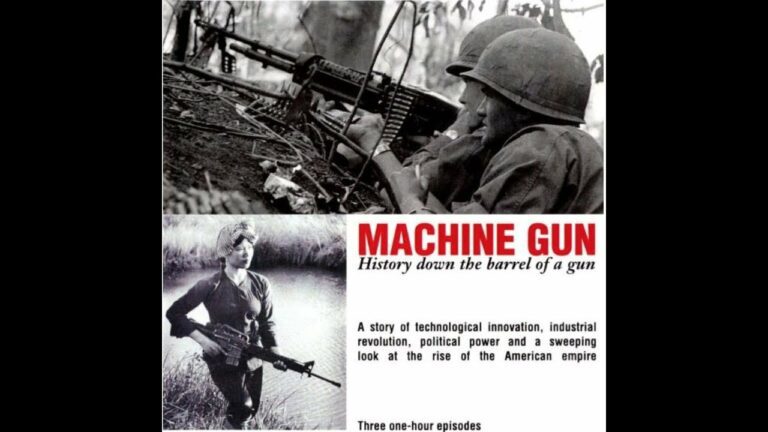
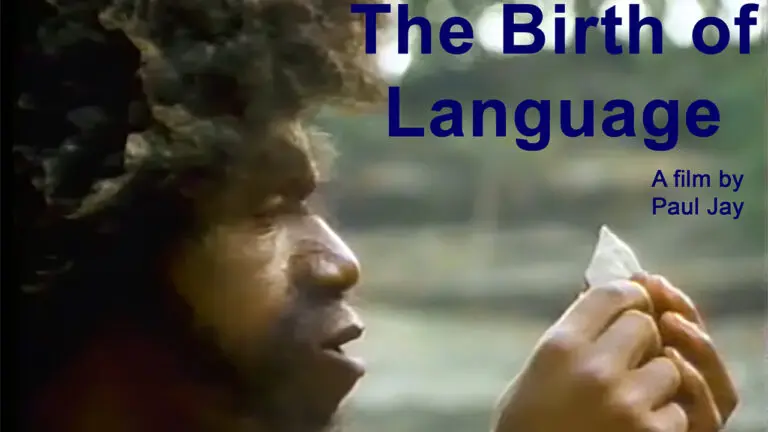
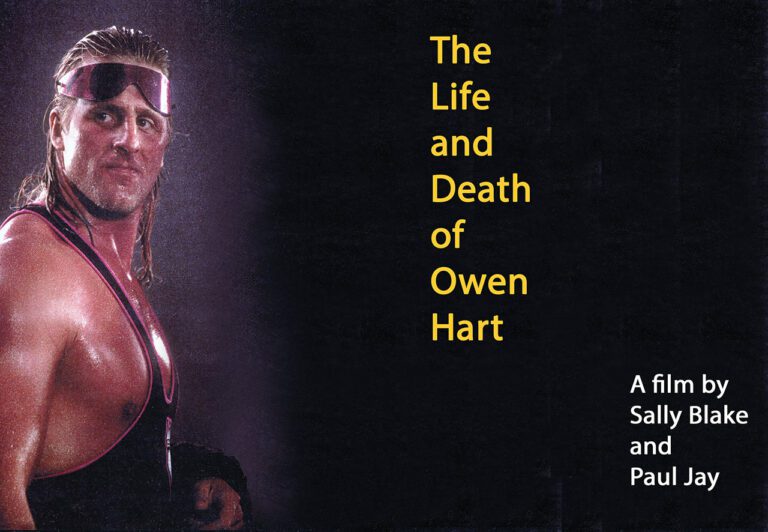
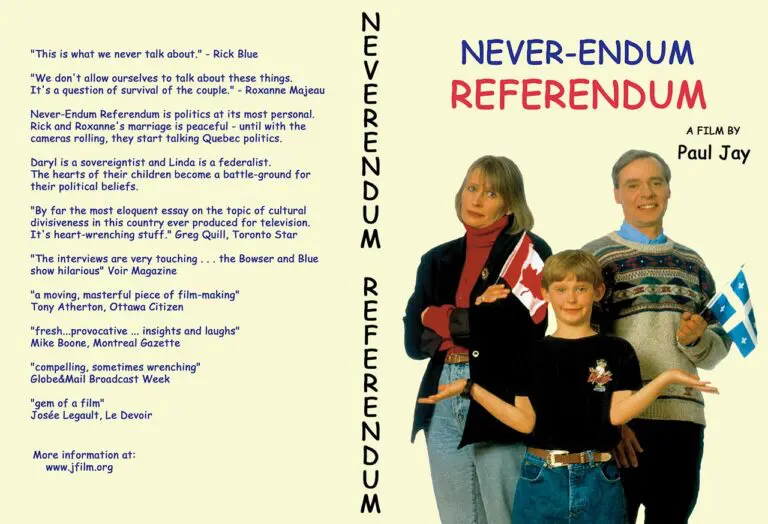

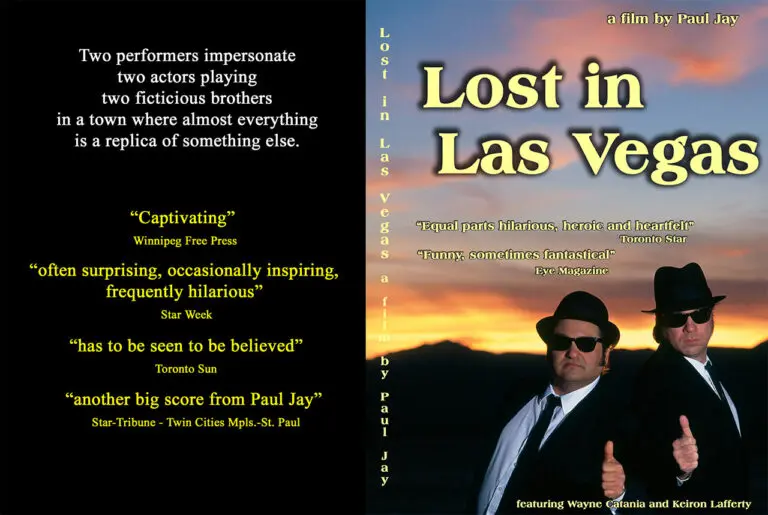
Cool Item!